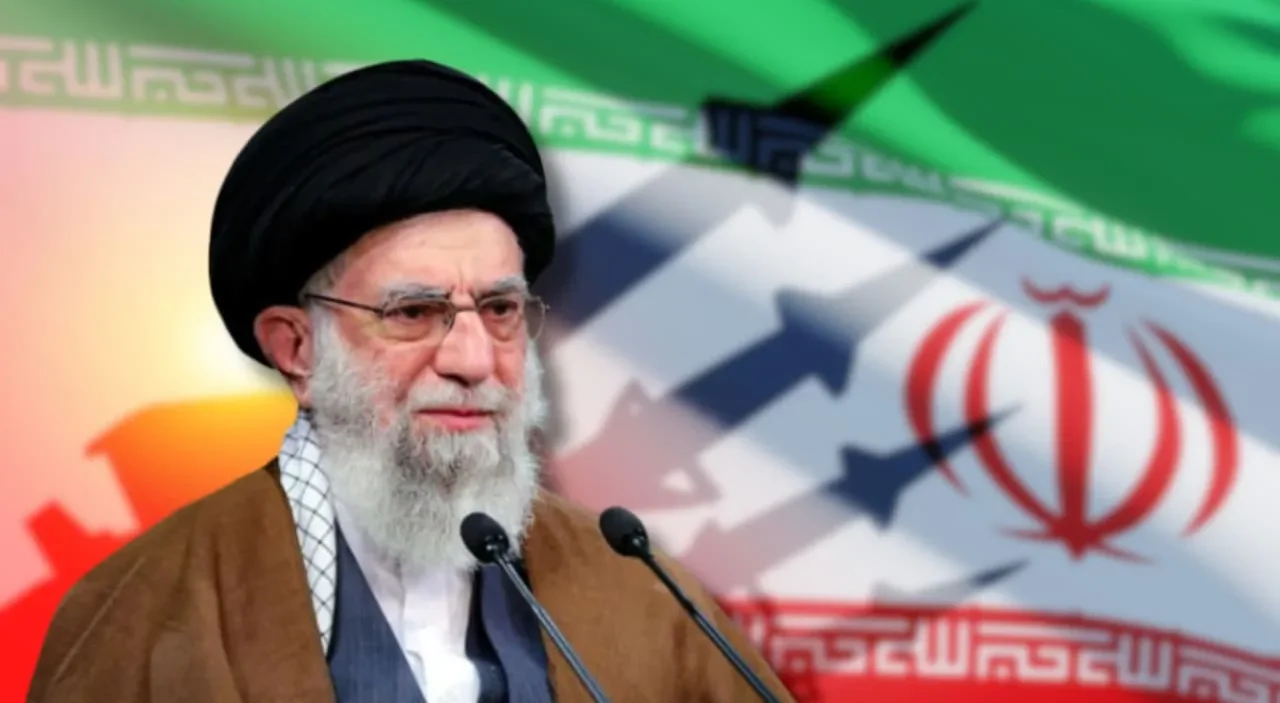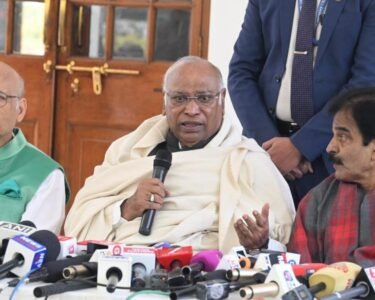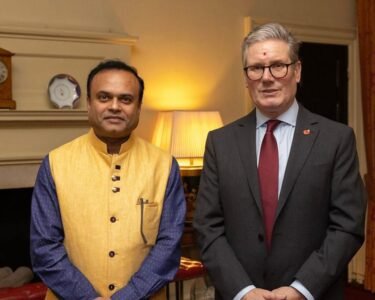As Israeli airstrikes hammer Iran’s nuclear infrastructure and the Islamic Republic fires back with over 400 missiles, a central pillar of Iran’s long-standing nuclear diplomacy is collapsing — the so-called anti-nuclear fatwa issued by Supreme Leader Ayatollah Ali Khamenei. Once cited by diplomats and world leaders as moral proof of Iran’s peaceful intentions, the religious edict is now under global scrutiny, with mounting evidence suggesting it may have been more political fiction than theological fact.
The Fatwa That Fooled the West
For over two decades, Iran leaned heavily on what it described as a religious decree prohibiting the development or use of nuclear weapons. Official Iranian representatives frequently invoked the fatwa in international forums, including the United Nations and the International Atomic Energy Agency (IAEA), to assert that Tehran’s nuclear ambitions were limited to peaceful, civilian purposes.
The myth, however, is unraveling.
Despite repeated assurances, the IAEA recently declared Iran non-compliant, with uranium stockpiles sufficient for nearly nine nuclear bombs. While Iran maintains that it has not crossed the line into weaponization, voices within its own government are hinting otherwise. In April 2024, IRGC parliamentarian Javad Karimi Ghodousi declared, “If the Supreme Leader gives the order, we could assemble a bomb in half a day.” Prominent nuclear scientist Mahmoud Reza Aghamiri echoed the sentiment, noting Iran’s capability to enrich uranium to weapons-grade levels.
Was There Ever a Real Fatwa?
The earliest mention of the anti-nuclear fatwa came in 2010, during a Tehran disarmament conference. In a letter, Khamenei stated, “We consider the use of these weapons to be haram [forbidden].” However, religious scholars argue that this was not a formal fatwa in the jurisprudential sense but rather a political statement dressed in religious language.
Even on Khamenei’s official website, the word fatwa related to nuclear weapons appears only once—in a 2015 speech where he qualified, “This is both our religious fatwa and our rational fatwa. We don’t need nuclear weapons today, tomorrow, or ever.”
Critics have long pointed to the vague and fluid language of the statement. Mehdi Khalaji, an Iran scholar and theologian, warned, “Fatwas can change. Khamenei can easily issue another one if strategic interests demand it.”
A Narrative Born of Necessity
The strategic utility of the fatwa was first exposed by none other than former Iranian president and nuclear negotiator Hassan Rouhani. In a 2012 BBC interview, Rouhani admitted the fatwa narrative was introduced during the 2004 nuclear negotiations as a diplomatic maneuver: “There was no prior coordination. The idea struck me during the talks.”
Iran began citing the fatwa as early as 2005 at an IAEA meeting in Vienna. The message was clear — unlike Iraq, which faced international wrath for weapons of mass destruction, Iran would wrap its nuclear program in religious morality.
The tactic worked. U.S. officials, including then-Secretary of State John Kerry, began referring to the fatwa during negotiations that led to the 2015 Joint Comprehensive Plan of Action (JCPOA). “When any fatwa is issued, I think people take it seriously, and so do we,” Kerry had stated.
The Cracks Begin to Show
The illusion started to fade when the U.S. withdrew from the JCPOA in 2018 under President Donald Trump. In retaliation, Iran began violating enrichment limits, installing advanced centrifuges, and limiting inspector access. By 2024, uranium enrichment had reached 60%, and satellite imagery revealed new undisclosed facilities. Intelligence reports suggest Iran could test a nuclear device within a week if it chose to.
Domestically, Iran’s rhetoric shifted from denial to deterrence. After high-profile assassinations like those of Qassem Soleimani and nuclear scientist Mohsen Fakhrizadeh, Iranian officials increasingly framed nuclear capability as a necessary shield. Cleric Mohammad Fuker Meibodi claimed the Quran “commands Muslims to possess weapons that instill fear in enemies.”
In May 2024, Kamal Kharrazi, senior adviser to Khamenei, clarified Iran’s current stance: “We have no decision to build a nuclear bomb, but should Iran’s existence be threatened, there will be no choice but to change our military doctrine.”
Deception as Doctrine?
Iran’s Supreme Leader Khamenei may have issued a fatwa, but its ambiguity has allowed Iran to walk a dangerous tightrope — avoiding clear red lines while steadily advancing its nuclear capabilities.
As Mehdi Khalaji observed, religious doctrine in Iran is deeply interwoven with political strategy. Ayatollah Khomeini, the founder of the Islamic Republic, once stated: “If preserving the life of one Muslim depends on you, even lying becomes obligatory.” In this context, Khamenei’s fatwa may have never been a brake on nuclear development — but a brake light, designed to slow global scrutiny while the regime sped toward its goals.
With regional tensions at a boiling point, and Israel targeting Iran’s nuclear facilities under Operation Rising Lion, the world is waking up to the realization that the anti-nuclear fatwa may have been more theological camouflage than genuine constraint. The cornered cat, as Iranian officials warn, may indeed be ready to strike — and with a nuclear claw.







